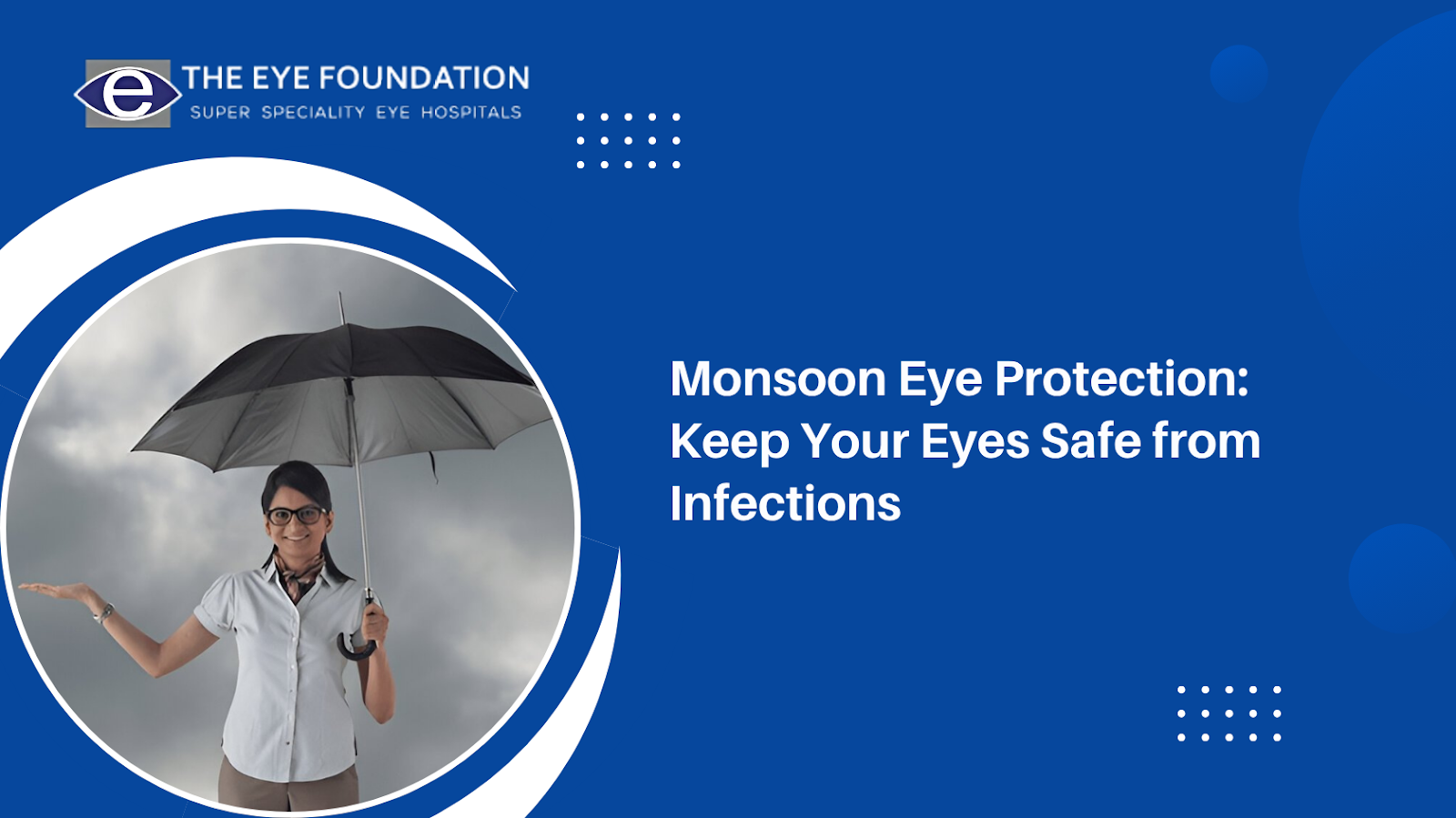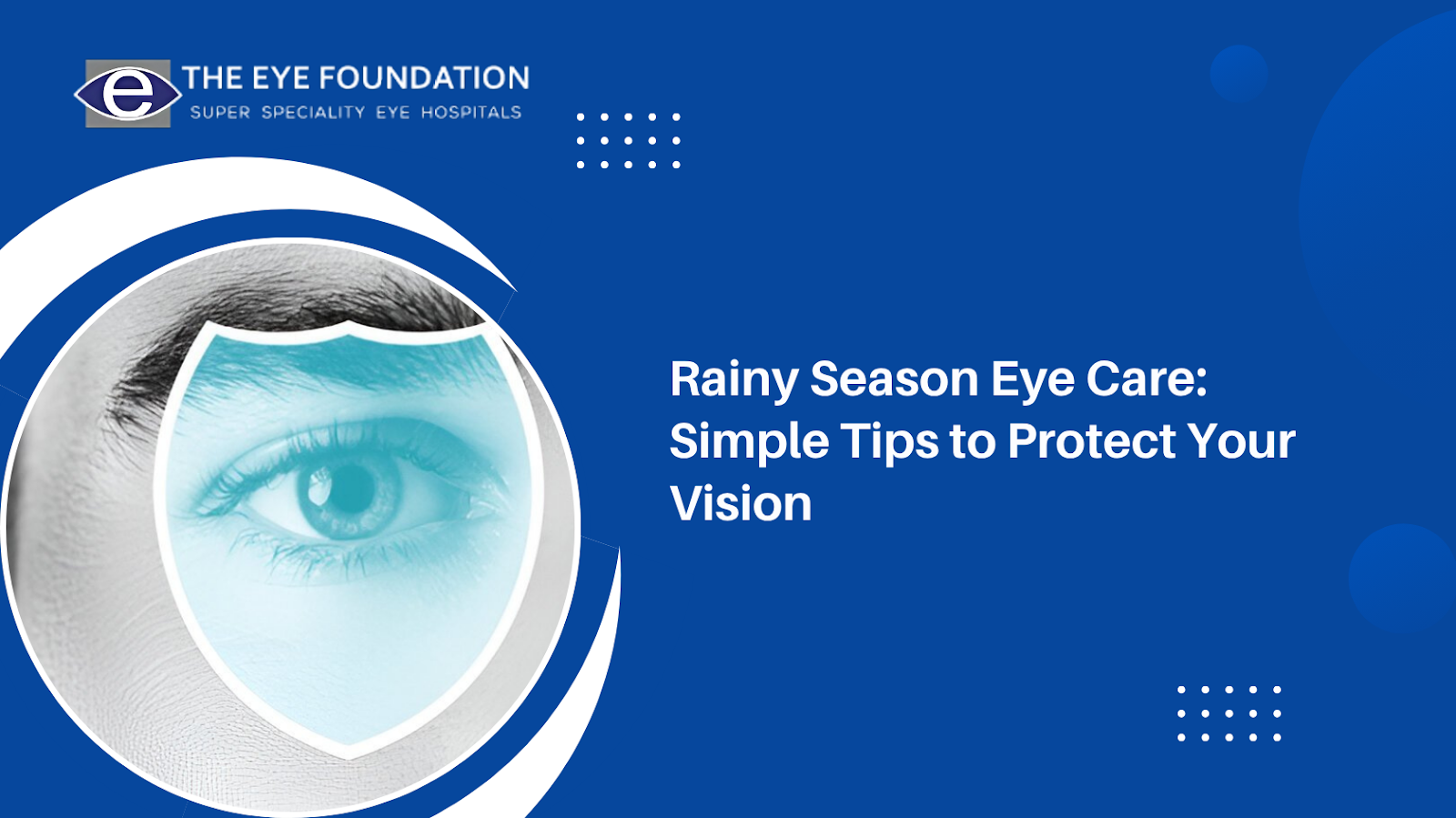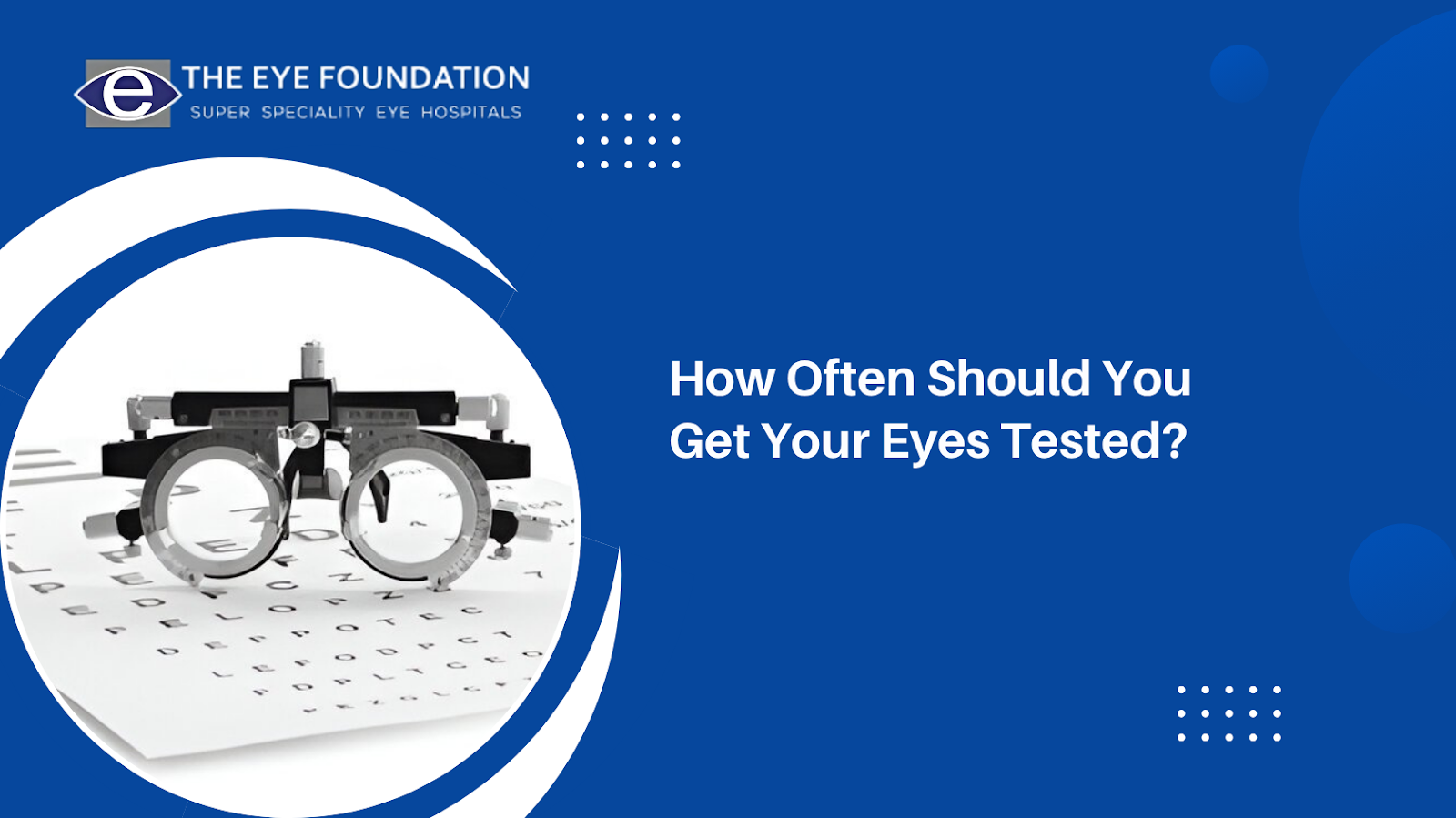Fundamental Steps for Supporting Optimal Eye Health: A Comprehensive Guide

Identifying changes in an individual's eyes can be effortlessly done regarding signs such as puffy eyes, dark circles, and drooping eyelids. These visual alterations are often signifying insufficient rest during the night. Satisfactory sleep is a mandatory requirement for maintaining good health, and ignoring it can lead to various outcomes. Over time, such consequences can seriously impact your overall metabolism and well-being, necessitating substantial efforts to restore and improve your health.
Know what defines insomnia?
Insomnia is a sleep disorder that is illustrated by the dilemma of falling asleep, staying awake, or experiencing interrupted sleep. Insomnia could be either a persistent or intermittent problem that affects both the quality and quantity of sleep.
Types of insomnia: Insomnia is distinguished into two, primary insomnia has nothing to do with your health conditions but secondary insomnia is because of your sufferings, it may be either your medical conditions or psychological issues.
Causes of insomnia
Some common factors include,
- Stress, depression, or anxiety
- Lifestyle habits
- Medical conditions
- Some medications also bring insomnia
Does sleep influence eye health?
Insomnia is a common issue faced by this generation of people, but certain practices can greatly benefit your brain's functioning, promote overall body maintenance, and promote self-healing of your eyes. Adults above the age of 60 are specifically liable to this problem, as insufficient sleep can bring up eye infections and worsen feelings of depression. Insufficient sleep can also result in spasms and twitches. One of the main contributing factors is elevated light sensitivity that interferes with proper napping and may cause blurry vision.
Just venting out with insufficient sleep without taking any necessary measures can eventually lead to serious eye problems, potentially even glaucoma, and cataracts.
Studies revealed that approximately 9.5% of people experience short-term insomnia each year, with around 20% of them progressing to chronic insomnia, significantly impacting their overall health.
Consequences of insomnia
The consequences of insomnia can be influential. Good sleep always helps you in starting your day fresh, the disturbed or lack of sleep will bring irritation and interrupt your work both in your personal and professional life.
If insomnia hasn't been taken care of and it keeps on going for a longer time, unfortunately it will cause negative effects on your overall health including immune function problems, heart problems, and impaired cognitive abilities.
Insufficient sleep also has a greater impact on your visual system which leaves noticeable effects on your eyes. Individuals may experience itching and dryness around their eyes, accompanied by the appearance of dark circles around the eyes. To cope with dry eyes it automatically starts producing more tears to compensate and provide lubrication. Additionally, exposure to bright lights can cause increased sensitivity and contribute to blurry vision. These signs and symptoms underline the essentiality of obtaining adequate sleep to maintain eye health and ensure visual clarity.

Tips to increase your blissful sleep
Good eye health is essential, and even if you have a lot on your mind you should put them aside and should have good sleep. If it is not possible there are simple methods you can adopt to enhance your eye health and overall lifestyle that could encourage your sleep time. Here are some vital steps you can follow up to protect your eyes and enhance their well-being:
- Lower screen time before bed: Keeping a smart screen aside is one of the toughest tasks because there is a lot to explore online but remember it is a crucial step to set boundaries on your screen usage before going to sleep. The blue light emitted by smart devices could have a harmful impact on your brain and eyes, which leads to eye irritation and disrupted sleep. Reducing screen time before bed will ensure peaceful sleep.
- Regular exercise: Physical activity is not only for physical well-being but can also distract your focus away from activities that strain your eyes. Additionally, following a healthy diet can have a positive impact on your eye health.
- Regular eye examinations: Schedule routine eye examinations which help in diagnosing any potential eye issues before they worsen. Consult with an eye doctor at regular intervals to check the condition of your eyes. Your eye doctor from the best eye hospital will provide guidance on specific daily practices which could increase your sleep time.
How will insomnia get treated?
Treating insomnia always depends on underlying causes that disturb your sleep. It may be because of your professional life, lifestyle habits or anything ophthalmologists from best eye hospital first identify the root cause. In some cases, cognitive-behavioral therapy for insomnia (CBT-I) will be recommended through which a Psychotherapist will help them in changing thoughts and behaviors related to sleep. Medications that encourage their sleep are also prescribed in certain situations.
If an individual is experiencing long-term difficulties with sleep, it is advisable to check with a healthcare professional that helps with proper evaluation and recommend appropriate practices to improve their sleep quality.






